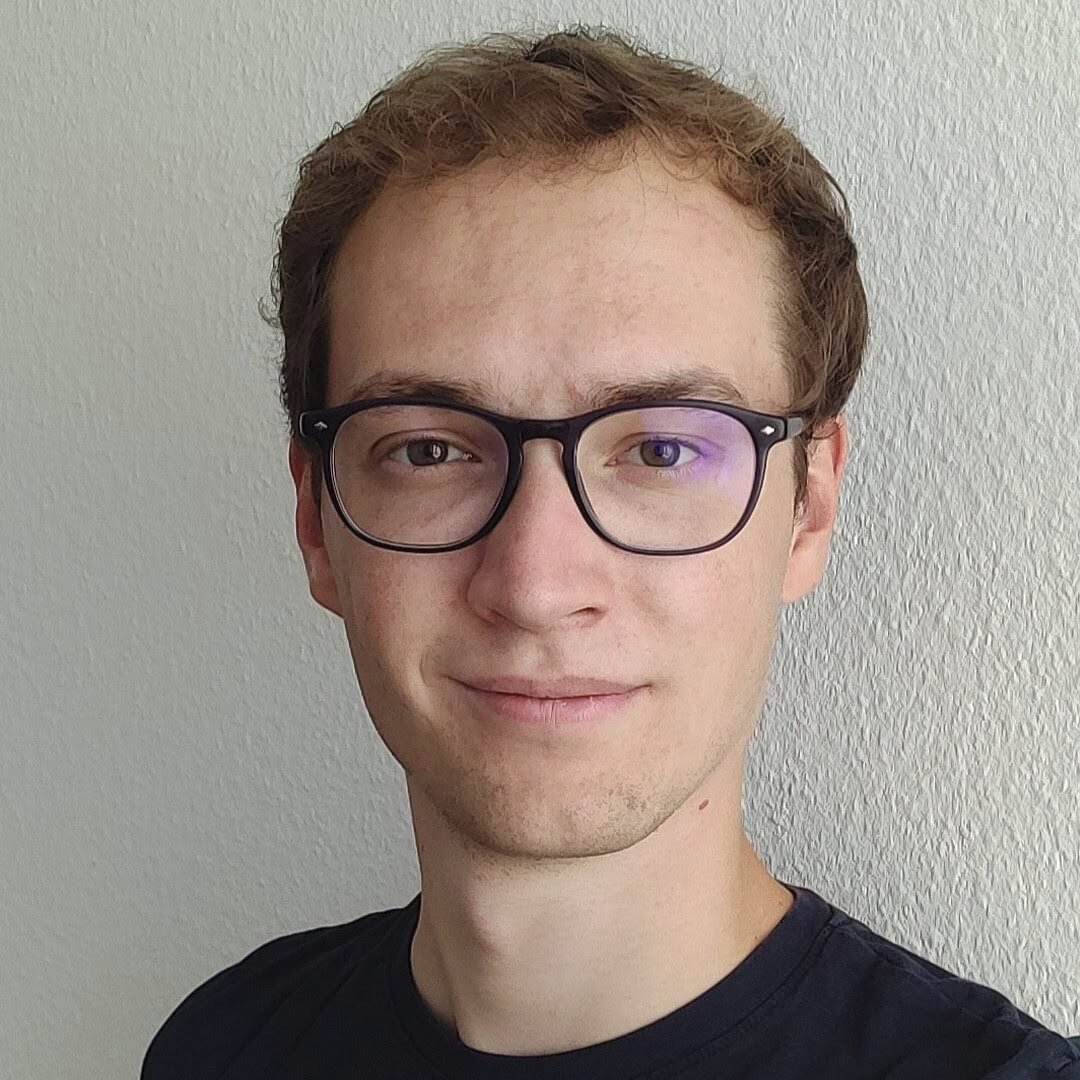
Current state-of-the-art methods for panoptic segmentation require an immense amount of annotated training data that is both arduous and expensive to obtain posing a significant challenge for their widespread adoption. Concurrently, recent breakthroughs in visual representation learning have sparked a paradigm shift leading to the advent of large foundation models that can be trained with completely unlabeled images. In this work, we propose to leverage such task-agnostic image features to enable few-shot panoptic segmentation by presenting Segmenting Panoptic Information with Nearly 0 labels (SPINO). In detail, our method combines a DINOv2 backbone with lightweight network heads for semantic segmentation and boundary estimation. We show that our approach, albeit being trained with only ten annotated images, predicts high-quality pseudo-labels that can be used with any existing panoptic segmentation method. Notably, we demonstrate that SPINO achieves competitive results compared to fully supervised baselines while using less than 0.3% of the ground truth labels, paving the way for learning complex visual recognition tasks leveraging foundation models. To illustrate its general applicability, we further deploy SPINO on real-world robotic vision systems for both outdoor and indoor environments.







